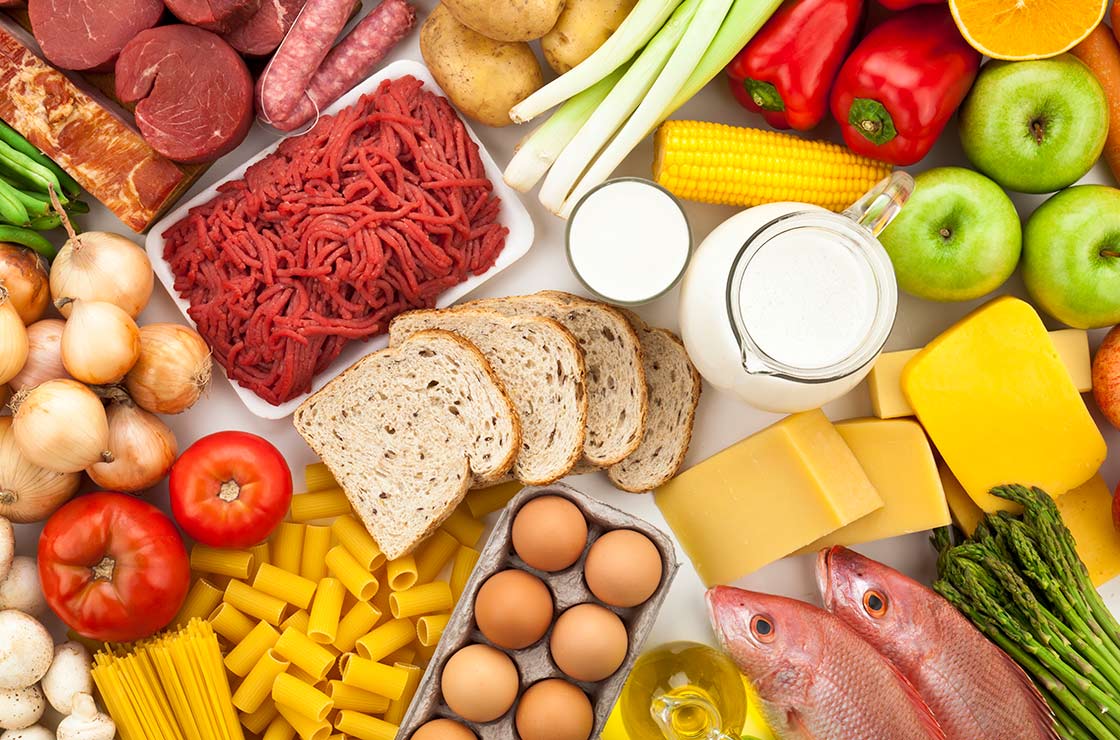Perspective on the Vegan Documentary "What the Health"?

Have you seen What the Health? It’s a Netflix vegan documentary that critiques the meat and dairy industries. I've gotten a lot of questions about it lately and I thought I’d share some of my insights.
Keep in mind that What the Health? is a movie produced to promote veganism. And like other movies, it doesn’t require the same level of “proof” that scientific publication needs to show before it’s published.
Veganism is defined as not eating or using animal products and if you’re considering a vegan lifestyle for health purposes, keep in mind that vegan diets tend to be a very high in carbohydrates, particularly grains. Over time, it will raise your insulin levels.
There are a few people who seem to be an exception to this rule. And by that, I mean they can eat a high carb diet, remain very insulin sensitive and unaffected by grains. In fact, I have a patient in my practice who does better on a vegan diet. However, most people on a vegan diet will initially do well, slowly become insulin resistant and develop health problems.
Many vegans sacrifice themselves to an ethical ideal that never existed in nature, at least not for humans. Our forefathers were hunters and gatherers. Ancient societies didn't CHOOSE veganism. It's a modern luxury. And unlike other animals, I don’t believe our bodies were built for it.
Some animals have long colons that ferment vegetable matter into essential fatty acids. However, humans evolved differently. We have a shorter colon that’s not capable of fermenting vegetables. This means the only way essential fatty acids are available to us is by eating foods with fat and fat-soluble nutrients.
But it’s more than just our colons. Our stomach produces acid to digest animal protein and our gallbladder produces bile to absorb fat. And – I realize this sounds very crude -- our skull, jaw and teeth are designed to rip and tear flesh.
I agree that cattle feeding operations (CAFOs) are awful. Not even the biggest fan of the Paleo diet or a high-fat diet would suggest otherwise. But instead of giving up on meat, check out USWellnessmeats.com. I order most of my meat, poultry and dairy products from here.
The cattle are grass-fed and finished, which means they remain on the pasture, eating forage their entire lives. Unlike many meat products that are labeled “grass-fed” but move the animal indoors for the last three months and fed grains for fattening. Healthy meat is grass-fed and finished.
Oddly, the movie also demonizes whole eggs by claiming eggs increase the production of trimethylene N-oxide (TMAO), a nutrient found naturally in food that is linked to coronary artery damage and heart disease. This claim is only true to a certain extent. (Here’s my longer take on why it’s okay to eat eggs.)
Egg yolks contain choline, a vitamin-like nutrient that’s important for liver and nerve function, brain development, muscle movement and metabolism. In a small percentage of people, unhealthy gut bacteria can convert choline into TMA (a chemical), which the liver then turns into TMAO.
But TMAO levels are easy to test. I've been running TMAO tests through Cleveland Heart Lab for years. If you’re a big egg consumer and have many cardiac risk factors, I recommend getting tested.
Many of my patients eat eggs regularly. I’ve tested many of them and rarely is their TMAO levels elevated. And if it is, it can be lowered by adding extra virgin olive oil to your diet and taking a probiotic.
More importantly, eggs are a tremendous source of many important nutrients. Many studies suggest that people who eat whole eggs have less dementia, hunger and weight gain.
If you’re interested in learning more, there are many What the Health? fact check blogs available. I suggest reading Robb Wolf’s What the Health? review; I think it’s outstanding perspective on the facts.
Consult your primary care physician before making any changes to your diet. If you liked this blog post, you can follow Dr. Malinow on his Facebook page – www.facebook.com/LouisMalinowMD. Are you interested in an MDVIP-affiliated physician? Find one near you and begin your partnership in health »
This blog reflects the medical opinion of Dr. Lou Malinow, an MDVIP-affiliated internist, board-certified hypertension specialist and Diplomate of the American Board of Lipidology, and not necessarily the opinion of all physicians in the MDVIP national network.





